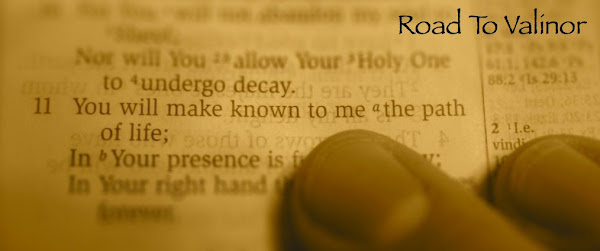That’s the title of the 670-page historical fiction I randomly decided to start reading. It’s by Nikolai Tolstoy, grandson of the famous War and Peace author, Leo Tolstoy. In a nutshell, it’s the life-story of Merlin, famed wizard and advisor to Arthur of Camelot. Nikolai is one of the world’s leading Celtic and Arthurian scholars, who thoroughly researched Merlin and the time/place setting such a person may have existed.
As I’ve been reading The Coming of the King, I am constantly getting stumped by Welsh words and people/place references. It’s confounded by the fact that the historical fiction takes place in the British Isles circa 556 A.D*., so I’m always trying to extrapolate the archaic Welsh name for a place with the modern equivalent. For example, the large island to the west of England called “Ywerdon” is obviously Ireland. And they’re referring to Iessu Crist is easy enough to figure out. But it takes me a little longer to realize that “gwyddbwyll” = “chess”; or that a “cyfarwys” = “gift/reward”.
So to help, I’ve been doing a little research on the internet. First, just looking through some Welsh/English dictionaries to get the literal translations of Welsh words. And second, to learn the pronunciation rules. As I’ve been diving into Welsh, I’ve actually had a couple moments when I start giggling and feeling something inside leap for joy. I fancy that it’s a taste of what Professor Tolkien felt.
I feel like I could be a grandson to Tolkien. It’s moments like today that I feel like I miss him (as if I ever knew him). In Professor Tolkien’s writings and biographical notes, it’s obvious how infatuated he was not only with languages, but with Welsh in particular.
So, all that to say I’m enjoying the novel, and subsequently enjoying learning a little bit of Welsh.
*Incidentally, I got that date from an interview with Nikolai Tolstoy I ran across.
Friday, September 7, 2007
The Coming of the King
Posted by
The Real Deal
at
11:38 PM
![]()
Subscribe to:
Comment Feed (RSS)


|